
Artificial intelligence and human rights
The use and abuse of AI and automated decision-making can not only facilitate human rights violations and exacerbate existing societal power imbalances, but also open new risks, disproportionately affecting marginalized people and communities. AI design, development, and deployment must respect human rights. We urge governments and companies to follow binding, enforceable legal frameworks rooted in human rights law and principles, not voluntary or self-regulatory ethics-based approaches.

Bodily harms: how AI and biometrics curtail human rights
This report explores how AI is driving the adoption of ableist technologies that marginalize anyone who doesn’t fit into their definition of a “normal” body.
QUICK DIGEST:
risks of the emerging AI and biometrics tech
SPOTLIGHT: EU AI ACT
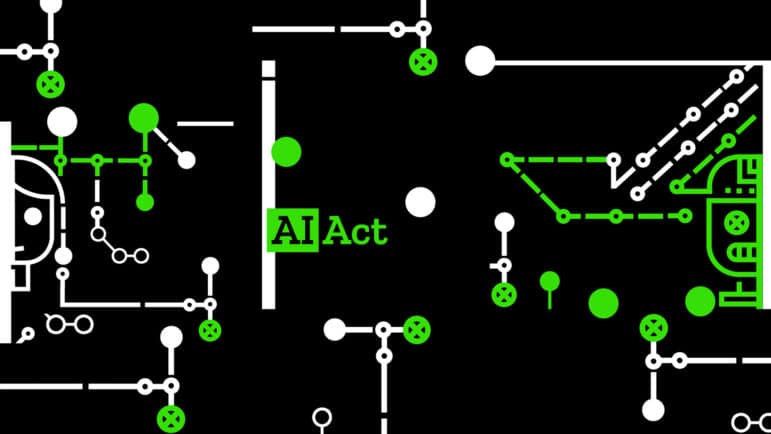
Artificial Intelligence
The EU AI Act proposal: a timeline
A summary of our proposed amendments to the draft EU AI Act and a timeline of our related commentary and recommendations.

Artificial Intelligence
The EU AI Act: How to (truly) protect people on the move
The EU AI Act is supposed to protect the rights of everyone impacted by AI systems. But it ignores the systems impacting people on the move. Here are three steps policymakers can take to fix that problem.

Artificial Intelligence
The EU needs an Artificial Intelligence Act that protects fundamental rights
Access Now and over 110 civil society organisations have laid out proposals to make sure the European Union’s Artificial Intelligence Act addresses the real-world impacts of the use of artificial intelligence.
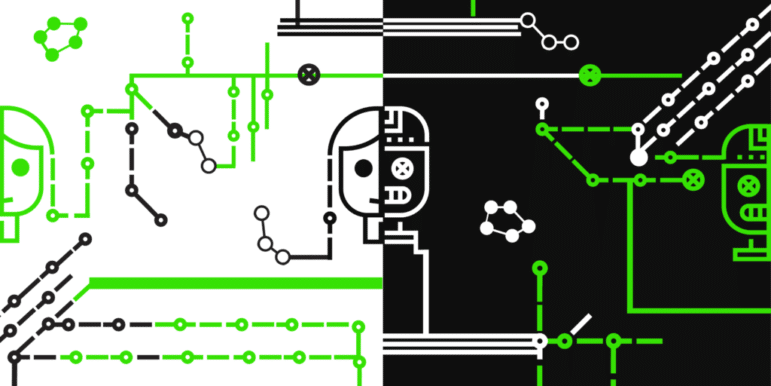
Artificial Intelligence
The EU should regulate AI on the basis of rights, not risks
Artificial intelligence and automated decision-making systems threaten our fundamental rights. Yet the EU is considering an approach to AI regulation that would substitute rights-based protections for a mere risk mitigation exercise by corporations with a vested interest in these systems. Here’s why that’s a grave mistake.
Resources

Artificial Intelligence
What you need to know about generative AI and human rights
Generative AI has been all over the headlines. But what are the human rights implications? Get the facts in our generative AI FAQ.

Artificial Intelligence
Artificial Intelligence: what are the issues for digital rights?
You may have a basic understanding of what AI is. But are you familiar with the issues it raises for your fundamental rights?
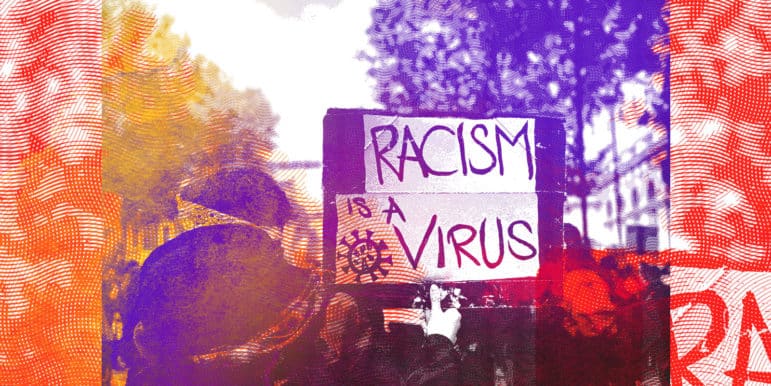
Artificial Intelligence
Fighting systemic racism in the digital age: a global challenge
On Human Rights Day of 2020, we highlight the mandate of E. Tendayi Achiume, the United Nations Special Rapporteur on contemporary forms of racism, racial discrimination, xenophobia and related intolerance to fight systematic racism.

Digital Security
Track and target: FAQ on Myanmar CCTV cameras and facial recognition
The military junta in Myanmar is rolling out China-made CCTV cameras with facial recognition capabilities to intensify surveillance against the people.

Artificial Intelligence
Computers are binary, people are not: how AI systems undermine LGBTQ identity
Most of us interact with some sort of Artificial Intelligence (AI) system several times a day, whether it’s using the predictive text function on our phones or applying a selfie

Artificial Intelligence
Algorithmic decision-making in the U.S. needs accountability
Access Now endorses the Algorithmic Accountability Act of 2022, which will help combat algorithmic discrimination in defense of human rights.

Artificial Intelligence
Instead of banning facial recognition, some governments in Latin America want to make it official
Buenos Aires, Brasilia, and Uruguay are pushing for use of facial recognition systems for “public security,” seeking to authorize the invasive and harmful use of mass surveillance tools. Civil society must fight back.
Latest Updates

Intelligenza artificiale. La nuova legge europea rischia di attivare una sorveglianza lesiva dei diritti dei migranti

Joint statement – The EU Migration Pact: a dangerous regime of migrant surveillance
The EU New Pact on Migration and Asylum ushers in a deadly new era of digital surveillance, expanding the digital infrastructure for an EU border regime based on the criminalisation and punishment of migrants and racialised people.

Joint statement: Finding the good in the first UN General Assembly resolution on artificial intelligence
We, the undersigned civil society organizations, welcome the United States-led United Nations (UN) General Assembly resolution “Seizing the opportunities of safe, secure and trustworthy artificial intelligence systems for sustainable development.”
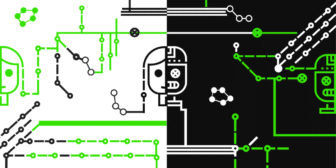
The changing face of protest

The U.N. gets the world to agree on AI safety

The AI Act is done. Here’s what will (and won’t) change

Why is Europe so far behind Silicon Valley? Blame monopolies

“Smart borders” and the making of a humanitarian crisis
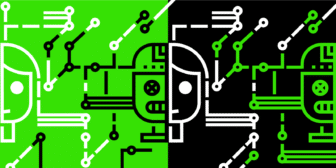
The EU AI Act: a failure for human rights, a victory for industry and law enforcement
Loopholes and exemptions: the EU has voted to adopt an AI Act that fails to protect people from harm.

Joint statement – A dangerous precedent: how the EU AI Act fails migrants and people on the move
The EU AI Act falls short in the vital area of migration, failing to prevent harm and provide protection for people on the move.

The EU just passed its landmark AI Act — but some say it has nowhere near enough bite

Reporte: ¿Cómo estamos regulando la Inteligencia Artificial en América Latina?

Regulación de inteligencia artificial en América Latina

Bans on deepfakes take us only so far — here’s what we really need

Access Now revela radiografía del panorama legislativo de la Inteligencia Artificial en América Latina
Access Now lanza el reporte “Radiografía Normativa: ¿Dónde, qué y cómo se está regulando la inteligencia artificial en América Latina?”

Radiografía normativa: ¿Dónde, qué y cómo se está regulando la Inteligencia Artificial en América Latina?
Las políticas públicas en torno a la Inteligencia Artificial en América Latina ya son una realidad.

